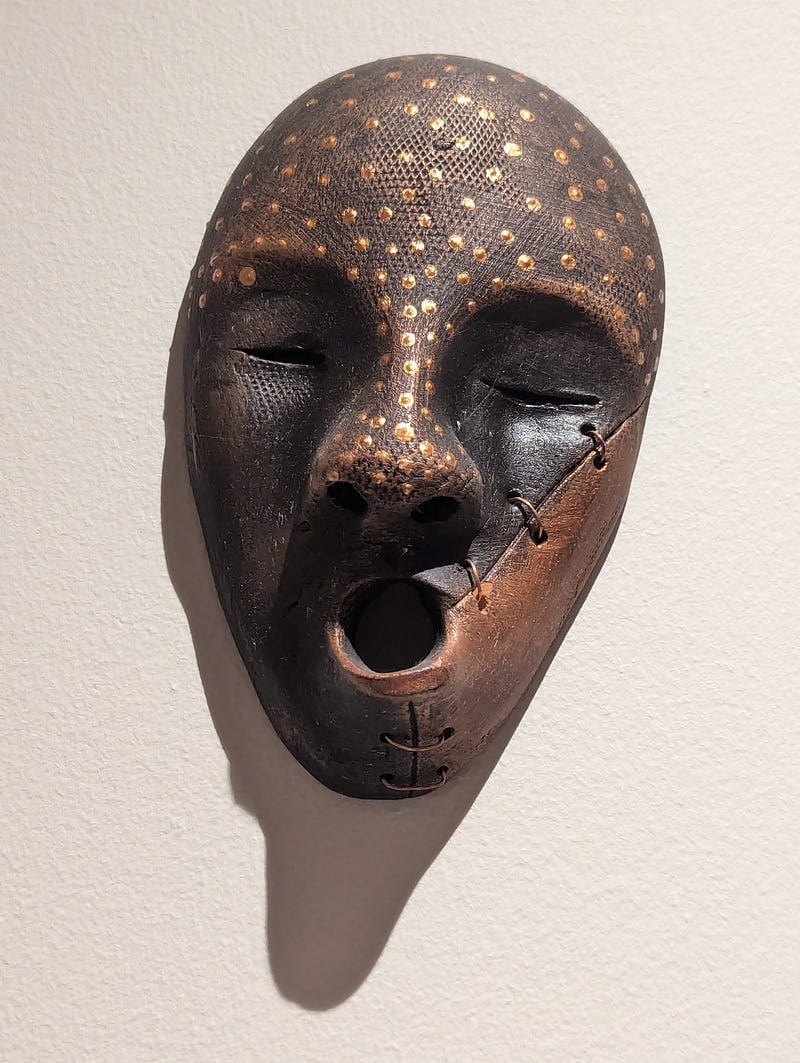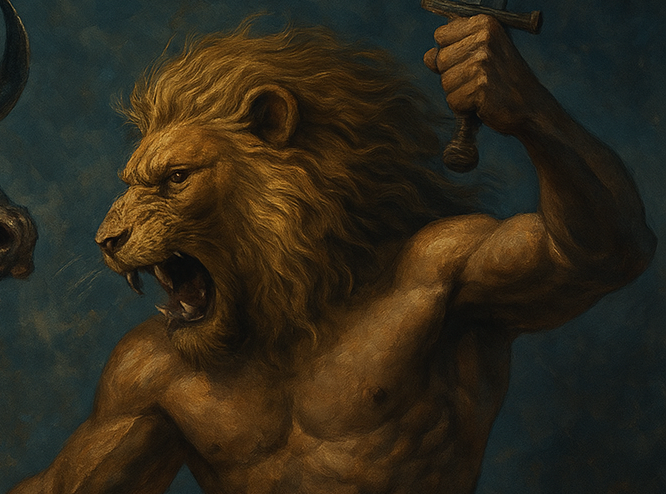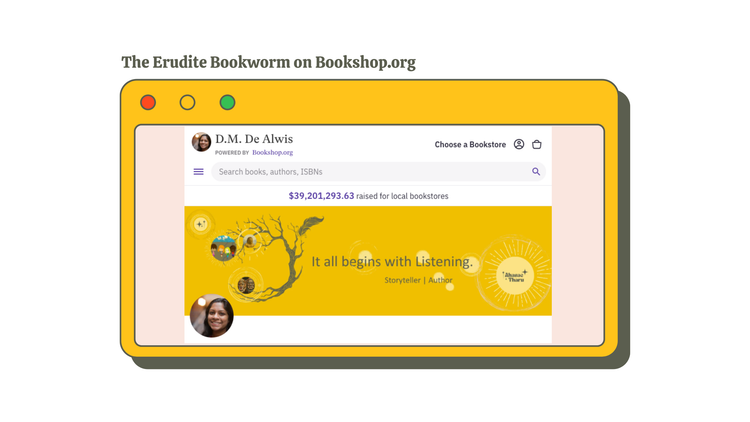The Frazzled Mind

Adventures in Publishing
The Frazzled Mind
Fear, impatience, and perfectionism rule my mind. I forget past successes as I stand above a great expanse. Below me is a churning sea of sentences featuring the words —
“I should… I could… I may… Why don’t I… When will I… How will I… What if I… Did I do… What if I didn’t?”
Fear, impatience, and perfectionism — for the novel
This week, Rejections from the gatekeepers holding the keys to publishing with Daw, Penguin Random House, and many reputable fantasy publishers.
Does a square peg need to fit a round hole?
A mythological fantasy. Death and rebirth. Everyone is looking for their place in society—character arcs across multiple lifetimes.
Many MSWL editors are open to publishing what I write. However, agent profiles don’t match what editors want. How is this possible?
Internal battle: There are broad-seeking agents and content-warning agents. I plan to write more books. How can I have a relationship with someone dictating what I can and can not write about?
Great stories are like life, they are unscripted.
Conclusion — I will no longer query agents with these content warnings.
Learnings while querying agents
- I thought my novel was ‘done’ when it wasn’t.
- All versions before this one have been rejected. I burned through a long list of literary agents with my former versions, and I cannot re-query them.
- Subjectivity — either the agent will be curious, or they won’t — 1 in a 1000 from a slush pile of equally great works.
- Internal battle: Is it me? Is it my tact? Am I missing something?
I am grateful to Anuja Varghese, author of Chrysalis, for encouraging me and reviewing my query letter. I have improved because you believed in me.
Learnings from the Beta Reader Process
- Be beta reader #1 of my novel. I wasn’t.
- In reader mode, print the work, read it aloud, or read it in a book format. I found paragraph repetition, overuse of some words, and text I wanted to gloss over. I collected my issues in a spreadsheet: chapter x, page y, comment z. Revise.
- My first beta readers provided feedback on plot, pace, and focus. I failed to collect an itemized list of where or how to improve specific sections. The second time, having had my beta read experience, I requested where readers found colloquialisms, were confused by a character’s voice, and missed a necessary plot piece.
I am grateful to Bridget Butt and Kevin Stevens for giving me feedback albeit polar opposite views.
The Publishing Industry is SLOW
Is the industry slowing down? Are publishers not responding to agents? Or is this a reflection of the disconnect I’m seeing between the types of agents and editor MSWLs I'm seeing?
The real way to find out is when publishers open to un-agented submissions. Several publishers are always open to un-agented submissions (though they warn the chances are slim for being picked up after an extended period; see Baen Publishing as an example with a one-year response time). Other publishers, like House of Anansi, are open to periodic un-agented submissions.
Reading the comments on publishers in QueryTracker is helpful. If the publishing house asks for funds from the author or provides only a partial (digital) service, approach cautiously.
I want to hold a physical copy of my book. This limits the publications I would submit to.
Annick House Press and other smaller prints are going the distance to provide authors with some feedback even when rejecting mentorship applications.
The advent of AI-generated content
Criticisms of publishers and media corporations point out the downward trend of needing a ‘formulaic’ approach already user-tested. If E-T is trending, we are suddenly inundated by movies, TV series, and books about a boy meeting an alien. This was the reason for the writer’s union strike. AI can be used to rehash what came before — a photocopy of a photocopy. In this environment, AI will succeed, while original creators fail because few people are willing to take a risk on something different.
Original novels are finding their way into the mainstream through indie publishers and self-publishing.
The frazzled mind keeps the score.
- I will always work on improving my craft.
- Thirty avid readers of different backgrounds reading my work and wanting more can’t be nothing.
- I only need ONE agent to believe in my passion.
- Humans are biased. Authors and agents sell editor services, writing advice, their how-to book, and their books.
There is no one right way.
Why submit to publications?
My plan written as a ‘choose your own adventure’ book.
- Write an incredibly poignant novel.
- Get feedback (writer groups, beta readers, proofreading).
- Polish that novel until it sparkles.
- Submit to agents. If unsuccessful, return to #2.
- Submit to agents. If a revised copy is requested, return to #3.
- Submit to agents. If all you hear is crickets, move to #7.
- Submit to independent publishers and those accepting un-agented manuscripts. Be selective. Keep a list.
- Keep submitting to agents.
- If one year has passed and there are no takers, explore reputable independent publishers who provide paid services, such as Friesen Press.
- If the second novel is written, repeat from #1 with the new project.
Caveat — don’t make the same mistakes with novel two.
In Summary,
I submitted my work to Baen (USA), Flame Tree Publishing (UK), House of Anansi (Canada), and ECW Press (Canada). I will know NOTHING for 2–12 months. In the meantime, I continue my search for an agent.
At the same time, I’ve begun eyeing several independent publisher services like Friesen Press (Canada) while I write my second novel.





Member discussion